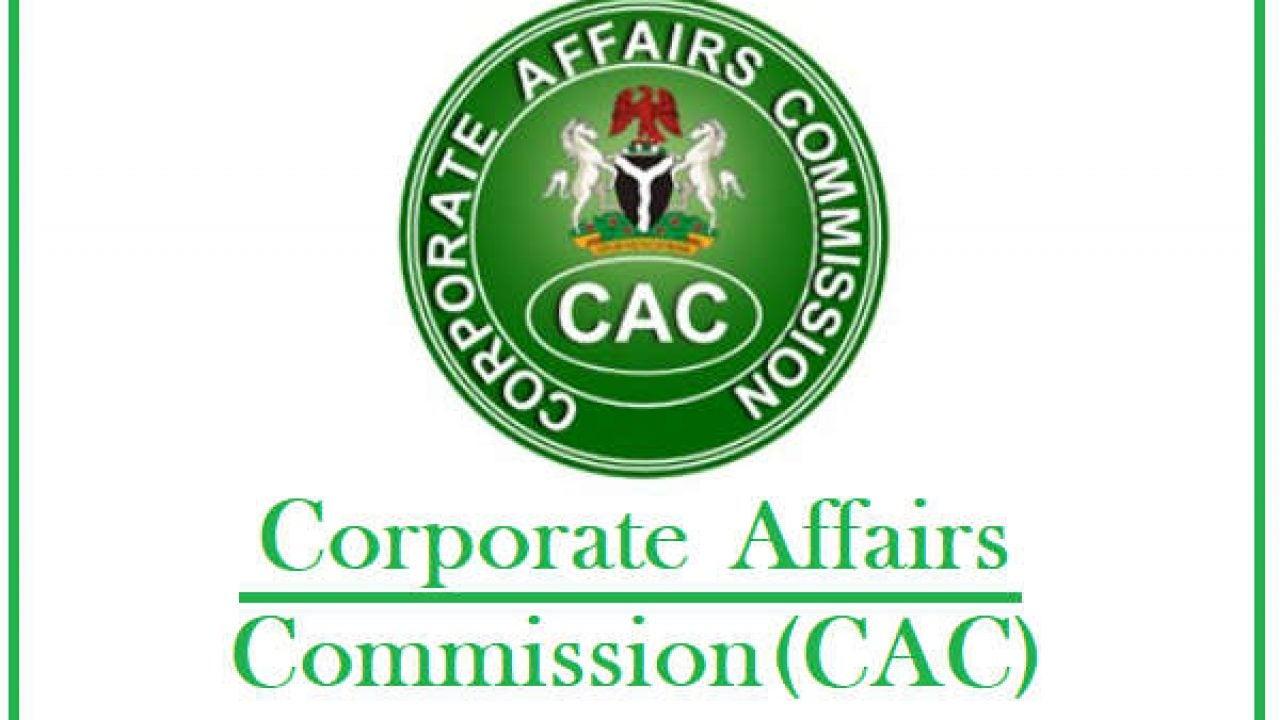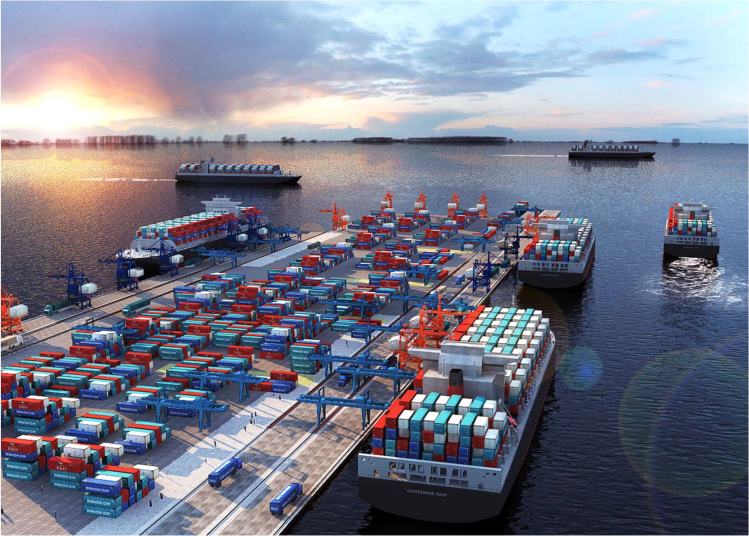The Federal Government, through the Corporate Affairs Commission (CAC), has issued a stringent directive mandating Point of Sales (PoS) operators to register their agents, merchants, and individuals within a two-month timeframe.
The move comes as part of efforts to comply with legal requirements and align with the directives of the Central Bank of Nigeria (CBN).
The decision was reached during a crucial meeting between representatives of the fintech industry and the Registrar-General of the CAC, Hussaini Ishaq Magaji, held in Abuja on Monday.
With over 1.9 million PoS terminals deployed nationwide by merchants and individuals, the registration requirement aims to bolster consumer protection measures and fortify the integrity of the financial ecosystem.
According to the Registrar-General, the initiative is in line with Section 863, Subsection 1 of the Companies and Allied Matters Act (CAMA) 2020, as well as the 2013 CBN guidelines on agent banking.
Speaking on the matter, Hussaini Ishaq Magaji emphasized that the registration deadline, set for July 7, 2024, is not intended to target specific groups or individuals but rather serves as a proactive measure to safeguard businesses and ensure regulatory compliance across the board.
In a statement released by the commission, it was highlighted that the collaboration between the Corporate Affairs Commission and fintech companies underscores a mutual commitment to upholding industry standards and fostering a conducive environment for financial transactions.
The decision to implement this registration requirement follows recent concerns over fraudulent activities involving PoS terminals, which accounted for 26.37% of fraud incidents in 2023, according to a report by the Nigeria Inter-Bank Settlement System Plc (NIBSS).
The directive from the Federal Government comes amidst a broader crackdown on financial irregularities, including the prohibition of cryptocurrency trading and heightened scrutiny of fintech operations by regulatory authorities.
Last week, major fintech firms were instructed by the CBN to halt onboarding new customers and to warn against cryptocurrency trading on their platforms.
The move by the CBN is part of a larger effort to enhance regulatory oversight and combat illicit financial activities, including money laundering and terrorism financing.
Prior to this directive, the Economic and Financial Crimes Commission (EFCC) had obtained court orders to freeze numerous bank accounts allegedly involved in illegal foreign exchange transactions.
In response to the directive, fintech firms have pledged to collaborate with regulatory authorities to ensure compliance with the registration requirement.
However, they have also stressed the importance of comprehensive sensitization efforts to educate stakeholders about the implications of non-compliance and the benefits of regulatory adherence.
As the deadline approaches, PoS operators are expected to expedite the registration process and ensure that all agents, merchants, and individuals are duly registered with the Corporate Affairs Commission, demonstrating a collective commitment to maintaining the integrity of Nigeria’s financial system.


 Naira4 weeks ago
Naira4 weeks ago
 Billionaire Watch4 weeks ago
Billionaire Watch4 weeks ago



 Naira4 weeks ago
Naira4 weeks ago






 Naira4 weeks ago
Naira4 weeks ago


 Naira3 weeks ago
Naira3 weeks ago






 Naira3 weeks ago
Naira3 weeks ago
 Economy4 weeks ago
Economy4 weeks ago


 Naira3 weeks ago
Naira3 weeks ago









